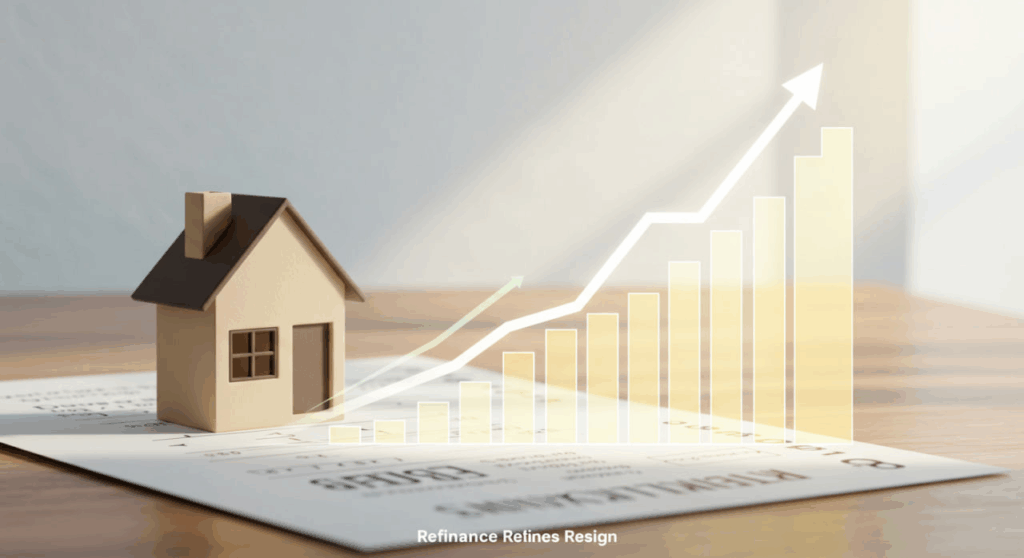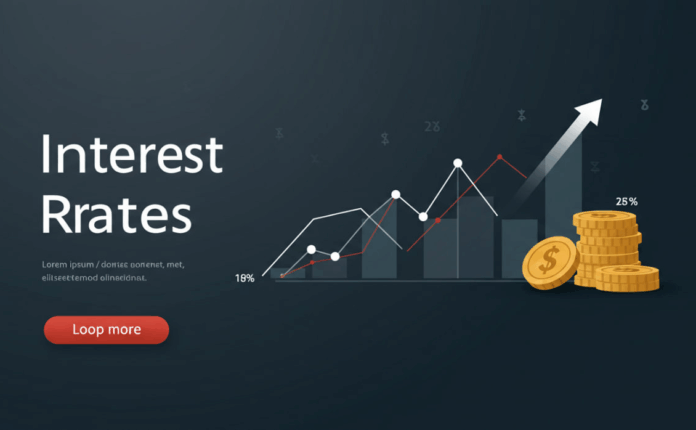Introduction
Understanding refinance rates is crucial for homeowners looking to lower their monthly payments, access cash, or switch to a better loan term. Refinance rates are constantly fluctuating, influenced by various economic factors. This guide will break down everything you need to know to navigate the refinance landscape successfully.
Factors Influencing Refinance Rates
Several factors determine your refinance rate. Your credit score plays a significant role; a higher score typically qualifies you for better rates. The type of loan you choose (e.g., 15-year vs. 30-year) also impacts your rate, as does the loan-to-value ratio (LTV) of your home. Check your credit score before you begin.
Current Refinance Rate Trends
Currently, refinance rates are [insert current rate data here]. These rates can change daily, so it’s essential to stay updated. You can find up-to-the-minute information on various financial websites. Keep in mind that these are just averages; your personal rate will vary depending on your individual financial situation.
How to Find the Best Refinance Rate
Shopping around is key to securing the best refinance rate. Compare offers from multiple lenders to find the most competitive rates and terms. Consider using an online mortgage calculator to estimate your monthly payments with different loan scenarios. Use a mortgage calculator here.
Understanding APR vs. Interest Rate
It’s crucial to understand the difference between the Annual Percentage Rate (APR) and the interest rate. The interest rate is the cost of borrowing money, while the APR includes other fees and costs associated with the loan. Always compare APRs when comparing refinance offers. This will give you a complete picture of the total cost.
The Refinance Process
The refinance process involves several steps, including applying for a loan, providing documentation, undergoing an appraisal, and closing the loan. The time it takes to refinance can vary, but it typically takes several weeks. Learn more about the steps involved.
Is Refinancing Right for You?
Refinancing is not always the best option. Carefully consider your financial goals, your current interest rate, and the associated closing costs. If you plan to move soon, refinancing may not be worthwhile, due to the break-even period. Speak to a financial advisor before making a decision.
Things to Consider Before Refinancing
Before you refinance, carefully review all the terms and conditions of the loan. Make sure you understand the interest rate, fees, and any other charges associated with refinancing. Consider your long-term financial goals and how refinancing may affect them.
Conclusion
Refinancing your mortgage can be a smart financial move, but it’s essential to do your research and understand the factors that influence refinance rates. By comparing offers, understanding the process, and carefully considering your financial situation, you can make an informed decision that benefits your financial future.

Frequently Asked Questions
What is a refinance? A refinance is when you replace your existing mortgage with a new one, often with different terms or a lower interest rate.
How long does the refinance process take? Typically, the entire process takes several weeks, depending on your lender and the complexity of your situation.
What are closing costs? Closing costs are fees associated with finalizing the refinance. These fees vary and can be significant.
How can I find the best refinance rate? Shop around with multiple lenders and compare offers based on APR to find the most suitable option.
What is the loan-to-value ratio (LTV)? LTV is the ratio of your loan amount to the value of your home. A lower LTV usually qualifies you for a better rate.



